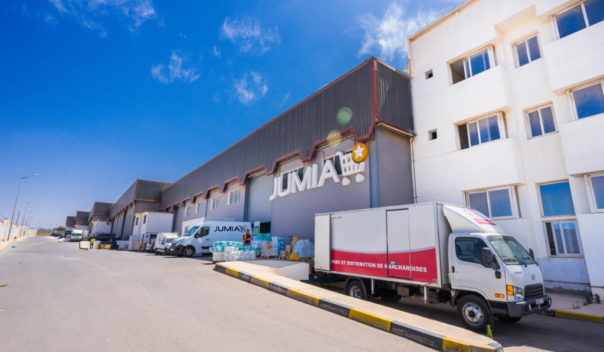If you visited the Payporte online store earlier in the year and then within the last one month or so, you would notice a distinct difference in the items listed.
As of earlier this year, the online store had items ranging from books to phones and their accessories, fashion items among others. But at the moment, entering payporte.com into your web browser takes you to fashion.payporte.com where you only have access to fashion items.

Is Payporte now a fashion-only retail store? Change, they say, is constant but what prompted the move to go for fashion items alone?
To get an answer to this and others, Techpoint spent some time with the CEO of Payporte, Eyo Bassey who talked about the new model of the retail store. He also shared his views on Konga’s acquisition by Zinox Group — the parent company of Yudala.
The fashion store is the first step towards a revamping of the Payporte business. The store would eventually have dedicated stores for furniture, books, phones among others.
The revamping of the business model, Bassey says, is to ensure profitability of the 4-year old retail store.
In Bassey’s words, Payporte is finally ready for investment. In a 2016 interview, he had said that the company wasn’t ready for investment.
He revealed that getting investment for the company is about transiting a healthy entity to the investors.
“We don’t want to have investors for the sake of having investors.”
At the moment, Payporte boasts of about a million fashion listings on its platform. Bassey claims that they had only few hundreds of thousands listings when the platform listed items from every category.
The move to have dedicated stores for every category is to ensure that shoppers are presented with wide varieties of items to choose from when it eventually has other stores up and running.
On the acquisition of Konga by Zinox Group — the parent company of Yudala — Bassey considers it an exciting news as well as a consolidation of the eCommerce industry in Nigeria.
“People are better when they are together.”
In his opinion, it should be considered more of a merger — for a formidable force — than an acquisition as it’s a win-win situation for both parties that have since merged while operating under the Konga brand.
Bassey also emphasised the fact that the dynamics behind the transaction still remain unknown. But it’s not only the dynamics that are unknown, even the amount it was sold for.
Suggested Read: Konga was unlikely to have been acquired for less than $230m
Apparently, Kinnevik and Naspers’ pulling out of Konga does not in any way point to the notion that there are issues around profitability in the eCommerce industry.
“The numbers are already beginning to look right, it’s just for us (eCommerce players) to get the other aspects of the ecosystem going well.
I just believe that the way eCommerce business took off in Nigeria was not right, which probably sent a wrong message to new players in the space.”
He also pointed out that early players had to sort out logistics themselves.
This made the early players own in-house logistics arm as third-party firms couldn’t provide real-time updates on orders sent through them.
According to Bassey, the current players in the industry are getting the dynamics of the industry and are on the path to profitability.
The eCommerce space is still in need of logistics firms that understand the peculiarities of the industry to provide a custom solution. But he thinks it’s only wise that every player in the industry has its own logistics arm in order to answer customers’ questions.
He reiterates an earlier assertion about the introduction of payment on delivery (POD) which many believe is not really good for the industry.
Worthy of note is that Jumia never put an end to POD option and even Konga, that once did, reintroduced the payment option two months back.
Suggested Read: Long live Pay on Delivery
For its offline channel, Payporte currently maintains one brick-and-mortar store but there are plans to have more physical stores in major cities in the country.











